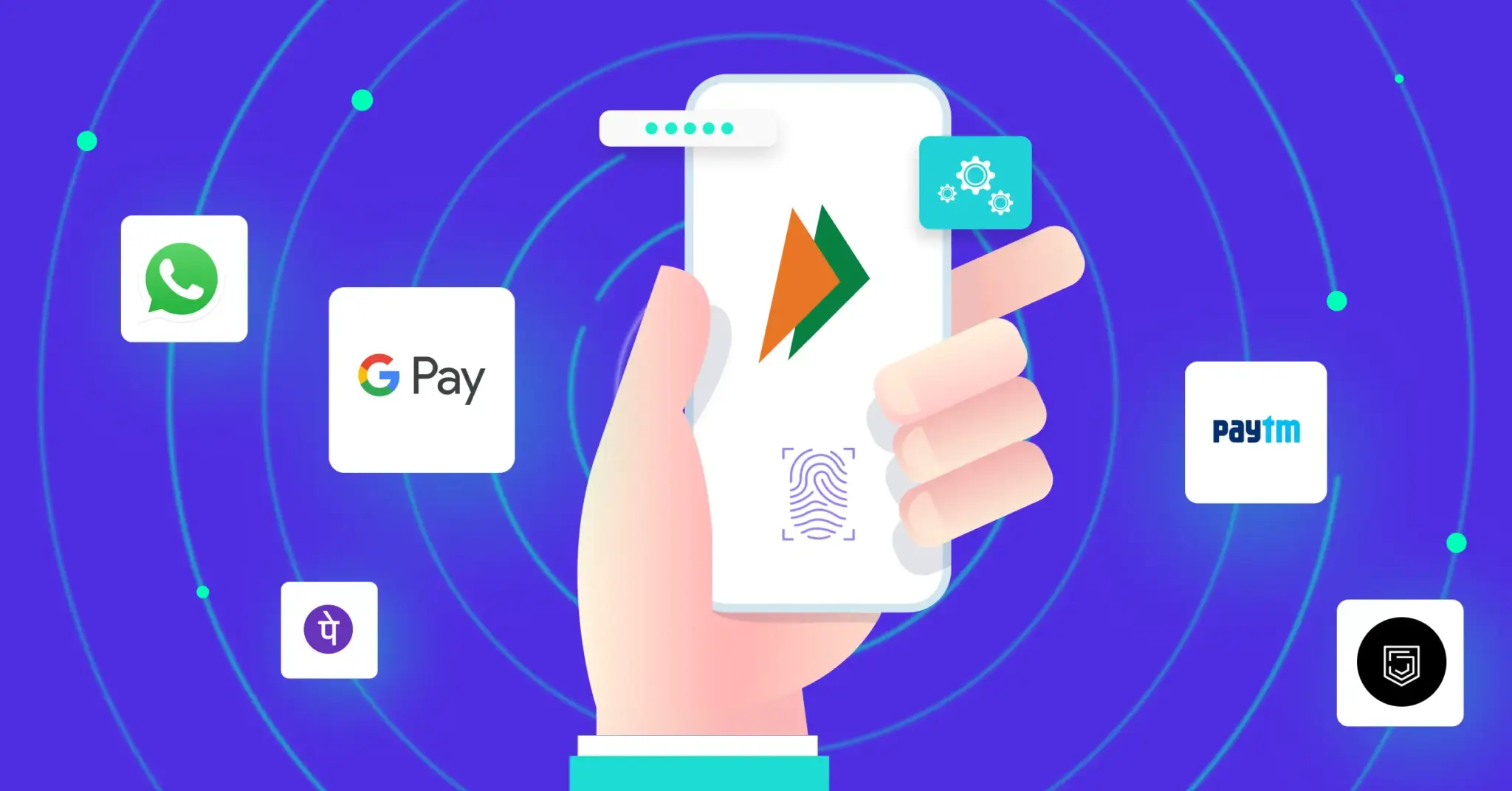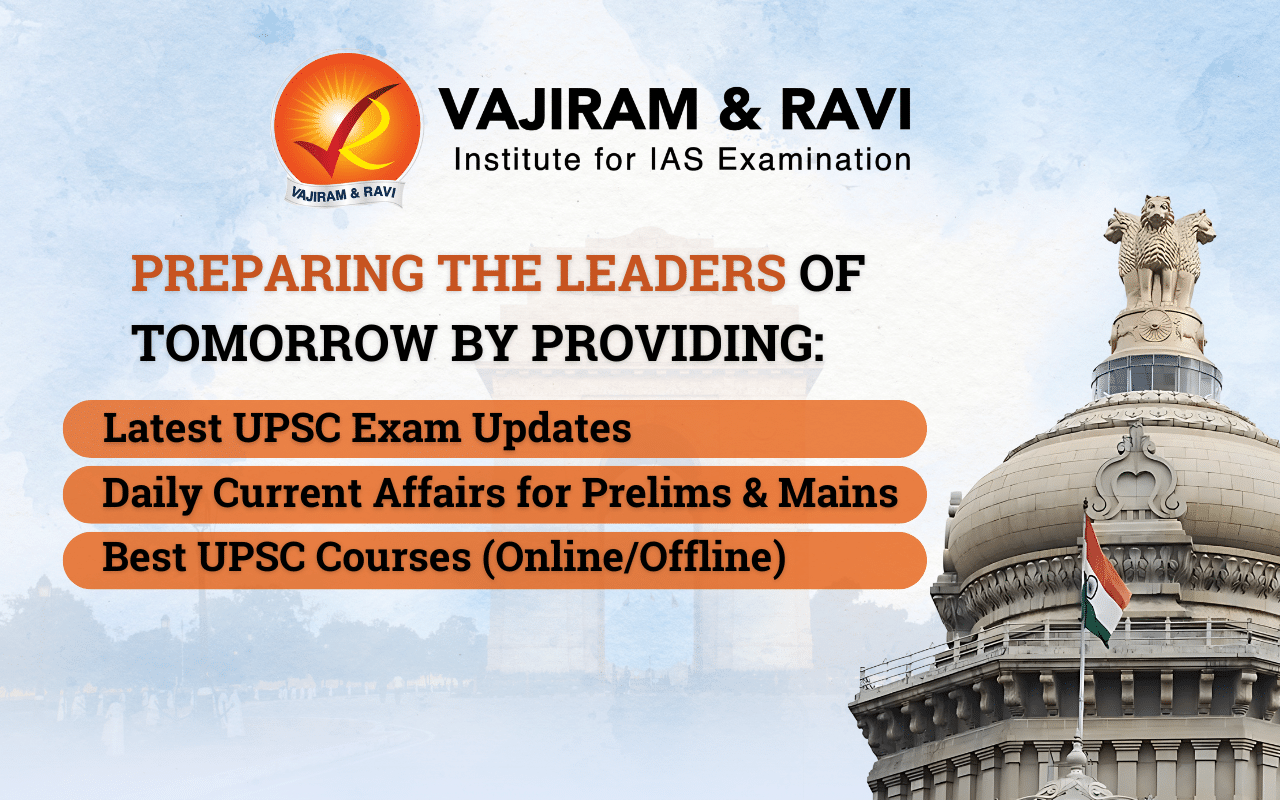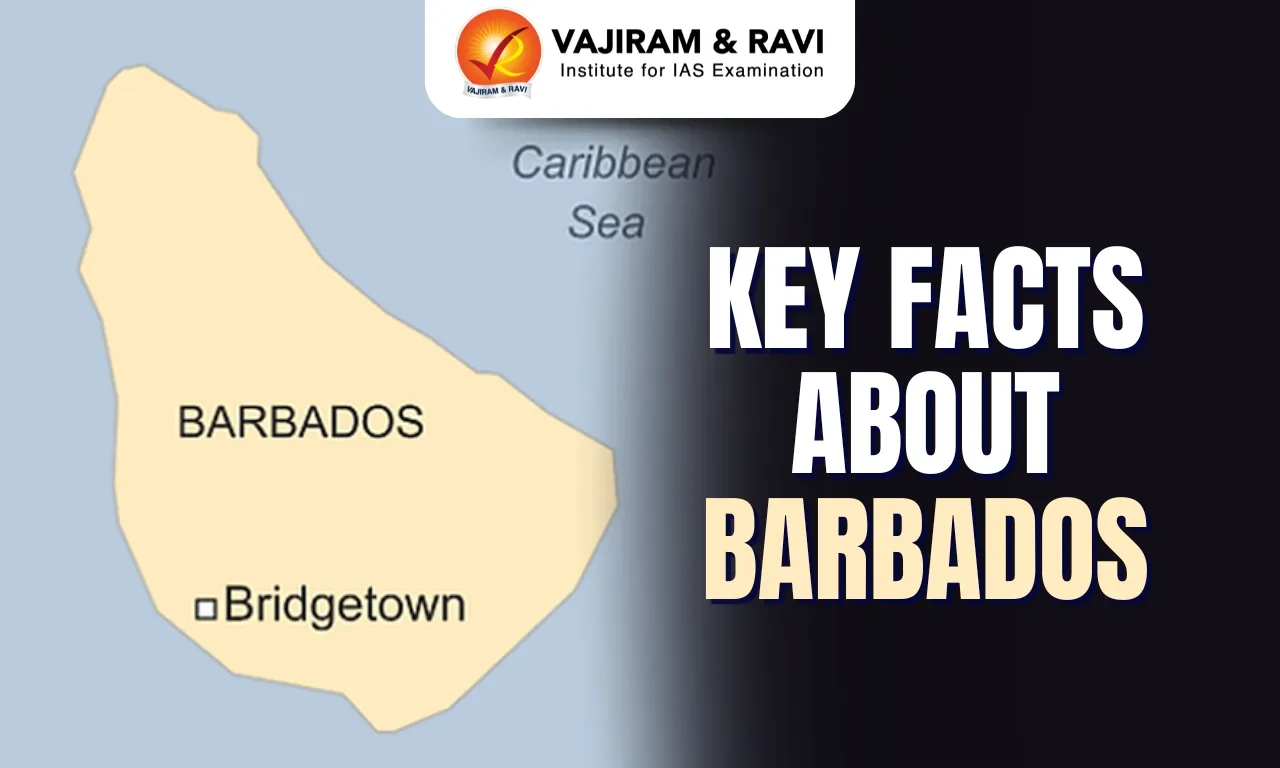About Unified Payments Interface (UPI)
- The UPI is a digital and real-time payment system developed by the National Payments Corporation of India (NPCI) and regulated by the Reserve Bank of India (RBI).
- It was launched on April 11, 2016.
- It is designed to enable peer-to-peer inter-bank transfers through a single two-click factor authentication process.
- Features:
- Unlike traditional methods, UPI simplifies transfers using the recipient’s UPI ID, be it a mobile number, QR code, or Virtual Payment Address, eliminating account numbers.
- It eliminates the need to enter bank details or other sensitive information each time a customer initiates a transaction.
- A consistent UPI transaction PIN across apps enhances cross-operability, enabling 24/7 transactions.
- UPI operates as a digital public infrastructure, allowing seamless interactions for all players, including merchants and customers, without transaction costs.
- PI uses technologies like the Immediate Payment Service (IMPS) and the Aadhaar-Enabled Payment System (AEPS) to ensure that payments between accounts go smoothly.
- It facilitates push (pay) and pull (receive) transactions and even works for over-the-counter or barcode payments, as well as for multiple recurring payments such as utility bills, school fees, and other subscriptions.
- It also works with “Peer-to-Peer” requests, which can be scheduled and paid for based on need and convenience.
What is the National Payments Corporation of India (NPCI)?
- NPCI is an umbrella organisation for operating retail payments and settlement systems in India.
- It is an initiative of the RBI and the Indian Banks’ Association (IBA) under the provisions of the Payment and Settlement Systems Act, 2007, to create a robust Payment & Settlement Infrastructure in India.
- The ten main promoter banks of NPCI are Punjab National Bank, State Bank of India, Canara Bank, Union Bank of India, Bank of Baroda, ICICI Bank Limited, Bank of India, HSBC, Citibank, and HDFC Bank Limited.
- It has been incorporated as a Not-for-Profit Company with an intention to provide infrastructure to the entire banking system in India for physical as well as electronic payment and settlement systems.
- NPCI is focused on bringing innovations to retail payment systems through the use of technology to achieve greater efficiency in operations and widen the reach of payment.
- The regulatory board of the NPCI, headquartered in Mumbai, includes nominees from the RBI along with nominees from ten core promoter banks.
Q1) What is the Immediate Payment Service (IMPS)?
Immediate Payment Service (IMPS) is a mode of money transfer from one bank account to another in the Indian banking system. The system enabled 24x7x365 real-time, interbank, electronic money transfers when there was only NEFT and RTGS facilities available in India. Citizens could access the facility through multiple channels, such as mobile phone, ATM, the internet, and SMS.
Source: UPI services to be launched in Sri Lanka, Mauritius on Monday
Last updated on February, 2026
→ UPSC Notification 2026 is now out on the official website at upsconline.nic.in.
→ UPSC IFoS Notification 2026 is now out on the official website at upsconline.nic.in.
→ UPSC Calendar 2026 has been released.
→ Check out the latest UPSC Syllabus 2026 here.
→ Join Vajiram & Ravi’s Interview Guidance Programme for expert help to crack your final UPSC stage.
→ UPSC Mains Result 2025 is now out.
→ UPSC Prelims 2026 will be conducted on 24th May, 2026 & UPSC Mains 2026 will be conducted on 21st August 2026.
→ The UPSC Selection Process is of 3 stages-Prelims, Mains and Interview.
→ Prepare effectively with Vajiram & Ravi’s UPSC Prelims Test Series 2026 featuring full-length mock tests, detailed solutions, and performance analysis.
→ Enroll in Vajiram & Ravi’s UPSC Mains Test Series 2026 for structured answer writing practice, expert evaluation, and exam-oriented feedback.
→ Join Vajiram & Ravi’s Best UPSC Mentorship Program for personalized guidance, strategy planning, and one-to-one support from experienced mentors.
→ UPSC Result 2024 is released with latest UPSC Marksheet 2024. Check Now!
→ UPSC Toppers List 2024 is released now. Shakti Dubey is UPSC AIR 1 2024 Topper.
→ Also check Best UPSC Coaching in India






















